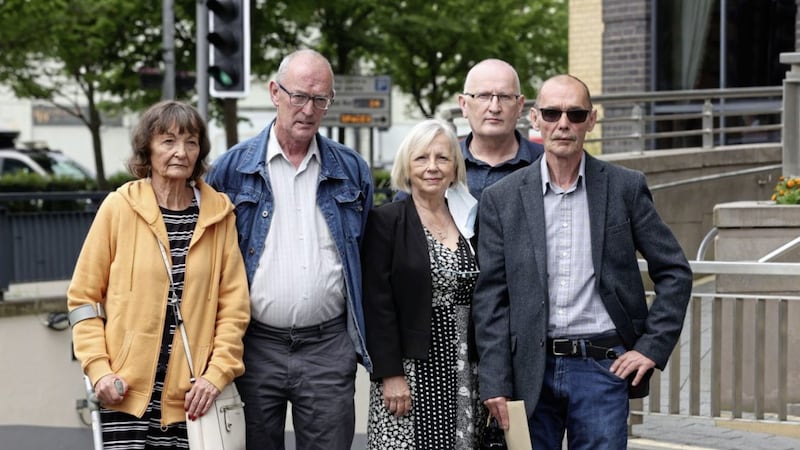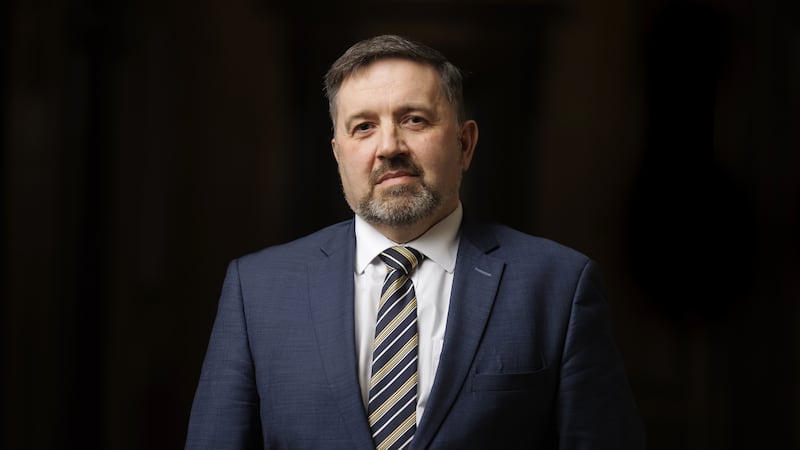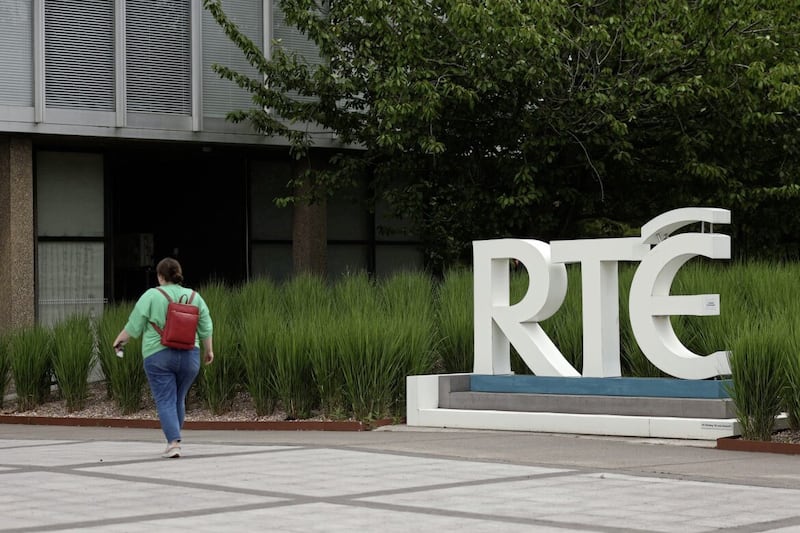A watershed moment is defined as an event that marks an important turning-point or historical change of course.
What we used to call the Provisional republican movement has had a number of those in the last 35 years. There was the dropping of abstentionism from Dáil Éireann in 1986. Then we had the IRA ceasefire which opened the path to the Good Friday Agreement and the eventual decommissioning of IRA weapons.
I was under the impression that another watershed moment had occurred last week when, in a TV interview with Colette Fitzpatrick on Virgin Media One, Sinn Féin leader Mary Lou McDonald condemned the republican killers of Detective Garda Jerry McCabe during an attempted raid in June 1996 on a post office van in Adare, Co Limerick.
You can’t always trust your memory however. An archive search revealed that, almost ten years ago, on September 21 2011, I myself reported that Martin McGuinness had “unreservedly” condemned the Jerry McCabe killing “which brought no credit whatsoever to Irish republicanism”. The Derryman was speaking to journalists outside the Custom House in Dublin where he lodged his nominations papers as Sinn Féin candidate in that year’s presidential election.
One thing I definitely hadn’t forgotten, however, was that I encountered father-of-five Jerry McCabe just five weeks and one day before he was shot dead at the age of 52 years. Our paths crossed when I was covering a meeting of the British-Irish Inter-Parliamentary Body (now the British-Irish Parliamentary Assembly) in Adare and he was on Garda security duty. We didn’t get a chance to talk but he clearly recognised me, possibly from a photo by-line in The Irish Times where I was working.
It's quite a shock when someone you’ve seen in person dies a violent death and such a short time afterwards at that. It obviously should never have happened, especially when we were told later that republicans are forbidden under their own rules to target members of the southern police and defence forces. Four men were convicted of the manslaughter of Garda McCabe and sentenced in February 1999 to jail terms ranging from 11 to 14 years, but these sentences were reduced somewhat by way of remission or for good behaviour behind bars.
Meanwhile in recent days north of the border, relatives of Troubles victims in Derry were disappointed that the trial of Soldier F collapsed and said they would challenge the outcome in the High Court. Soldier F was due to stand trial, accused, among other charges, of murdering James Wray and William McKinney on Bloody Sunday in January 1972.
Separately, the prosecution of Soldier B on a charge of shooting Derry teenager Daniel Hegarty in July 1972 did not proceed. The Public Prosecution Service (PPS) ruled that key evidence against the two men had no reasonable prospect of being declared admissible. This followed the collapse of the recent trial of Soldiers A and C for the death of republican activist Joe McCann in 1972.
Northern Ireland justice minister and Alliance Party leader Naomi Long told BBCNI’s ‘Sunday Politics’ that the PPS decisions did not extend to the full gamut of legacy cases. She added that, “if a family know that there is the evidence, the witnesses and it meets the evidential threshold [then] to deny them the right to take their case to court I think would be entirely wrong”.
The British and Irish governments have jointly written to the Northern Ireland parties about their wish to start a new talks process on legacy issues. At the same time, various individuals, including former paramilitaries, ex-security forces personnel, lawyers, academics and trade unionists, are promoting a truth recovery process whereby “former combatants” (including ex-members of the security forces and former paramilitaries from the pre-Good Friday Agreement period of the Troubles) would “provide information to victims and their families without fear of prosecution”. Victims and their families would also be able “to request information under the same conditions”.
There would be a mediation process overseen by members of the British and Irish judiciaries and a Truth Recovery Unit would examine cases in detail. The fullest cooperation of the UK and Irish governments would be required “to provide total disclosure as agreed in the Stormont House Agreement”. Contact truthrecoveryireland@gmail.com if you want to express a view on the project, which is similar to initiatives in South Africa, Colombia and other places.
Email: Ddebre1@aol.com; Twitter: @DdeBreadun








